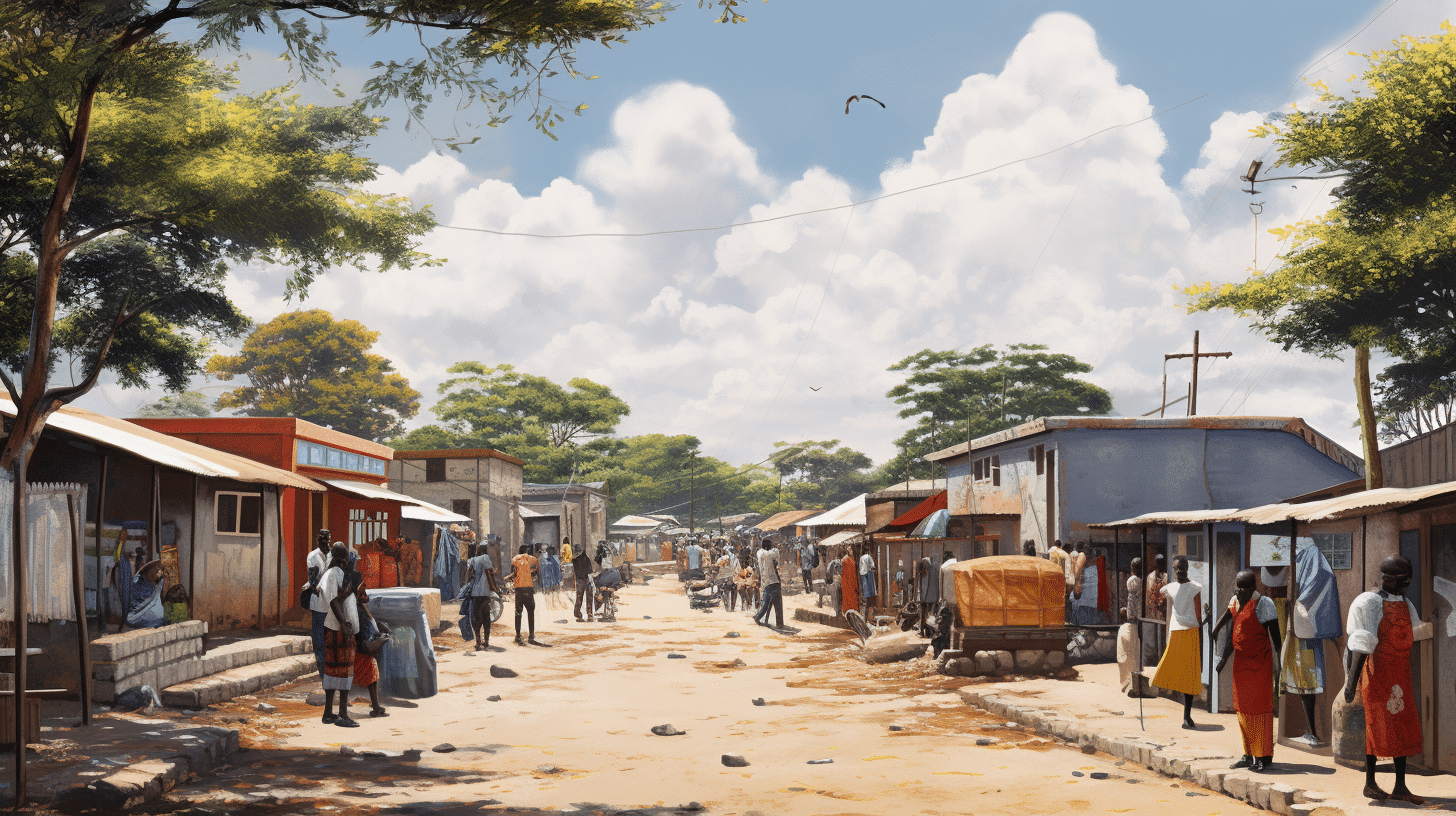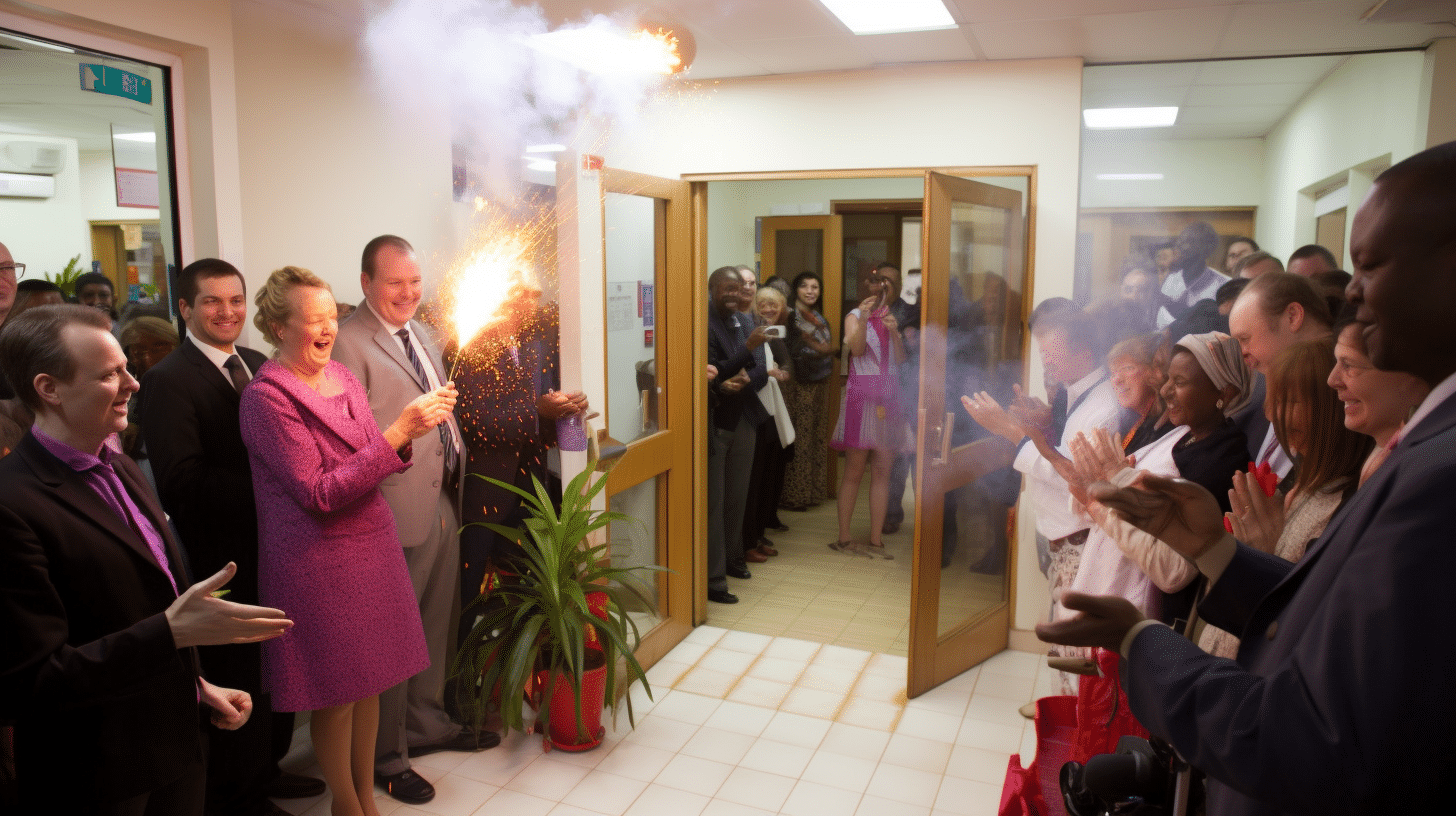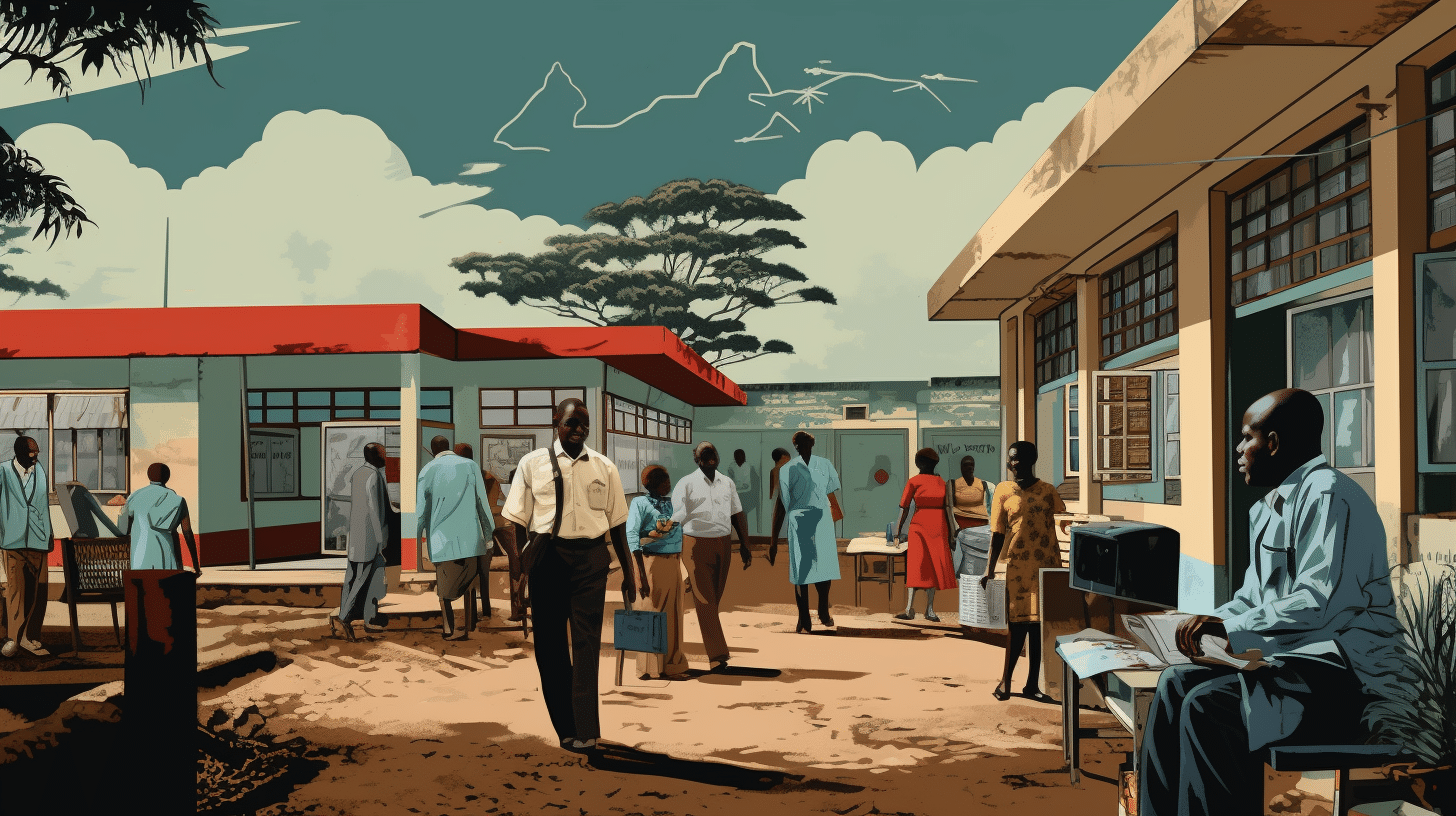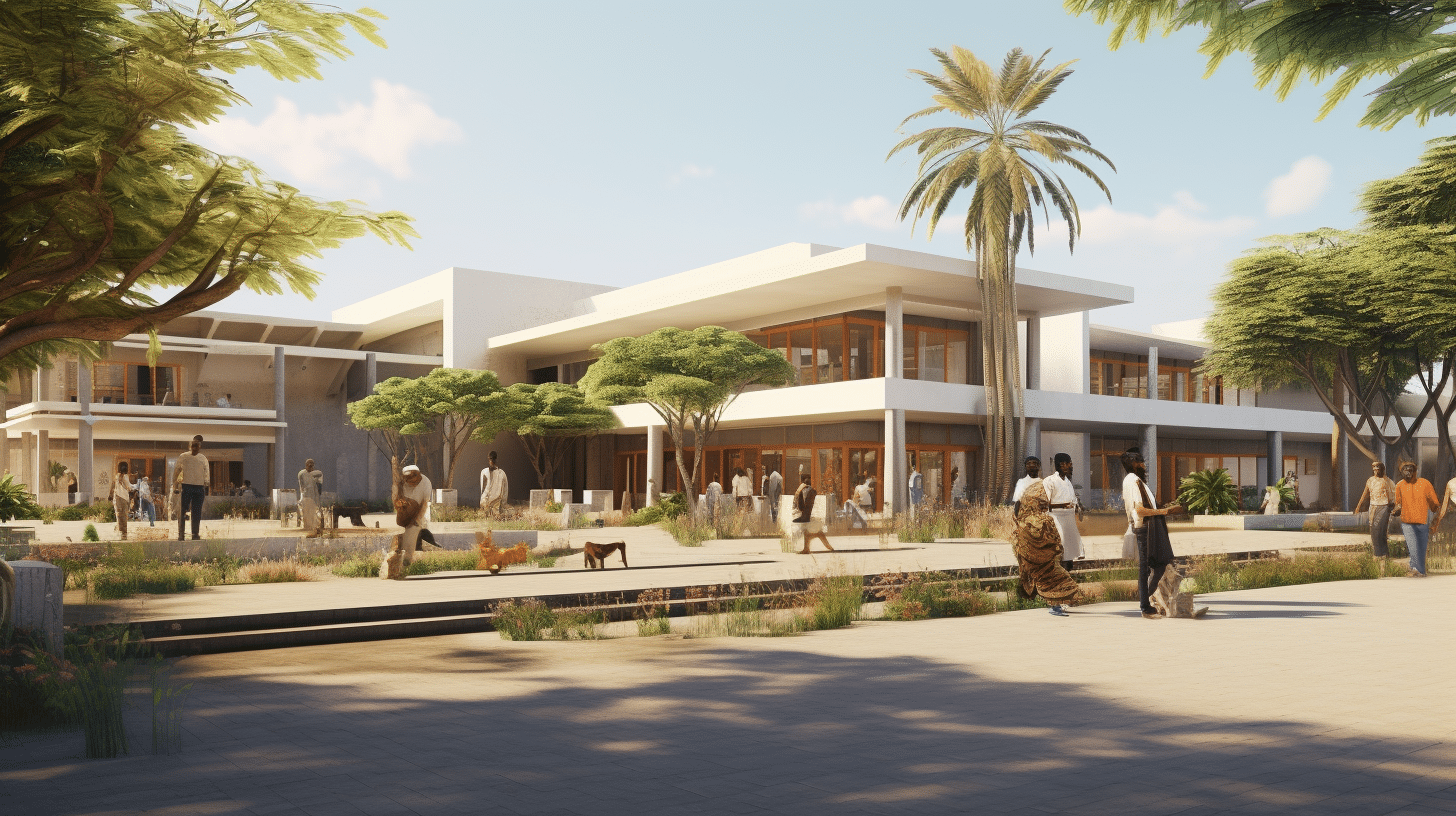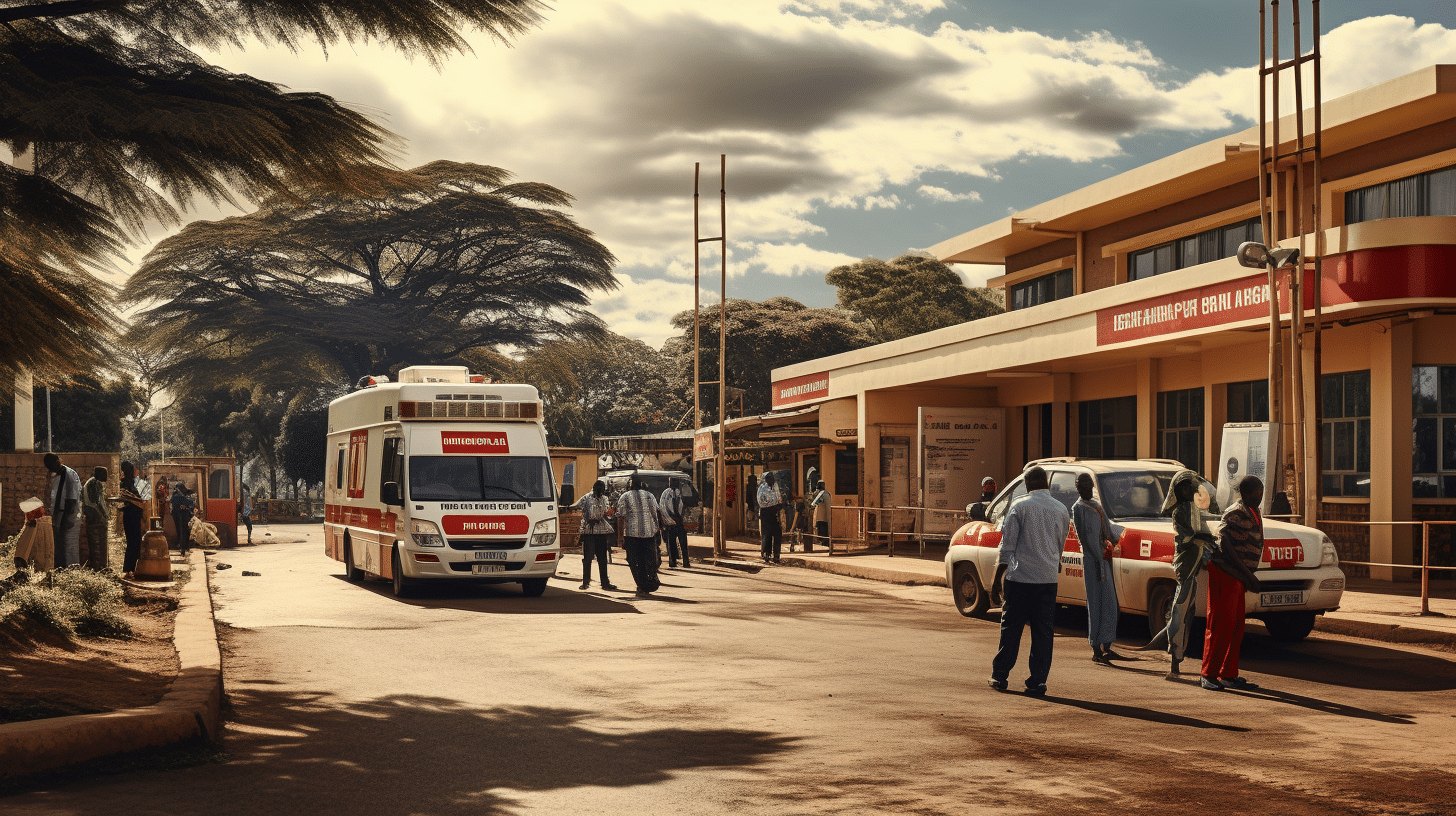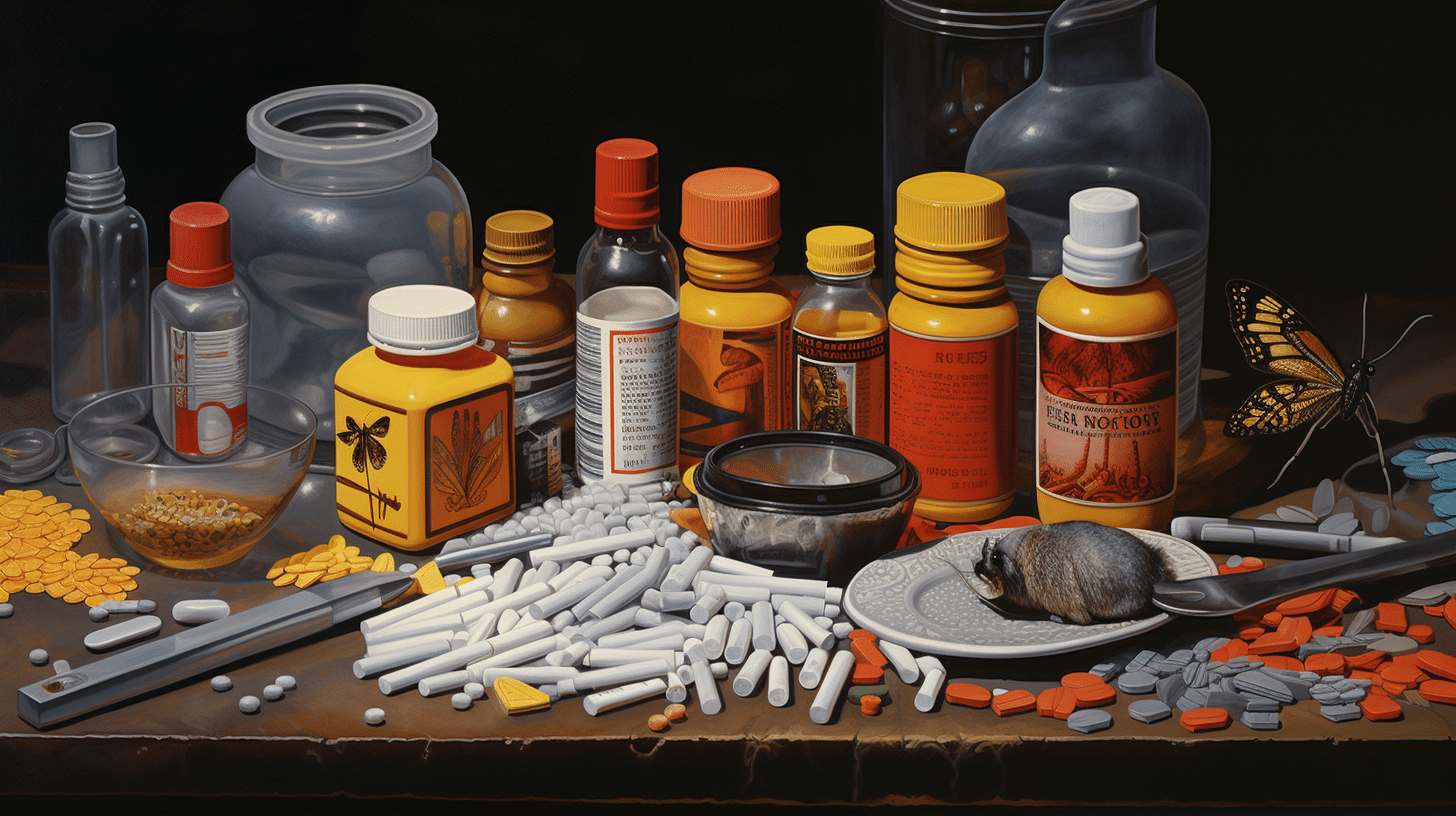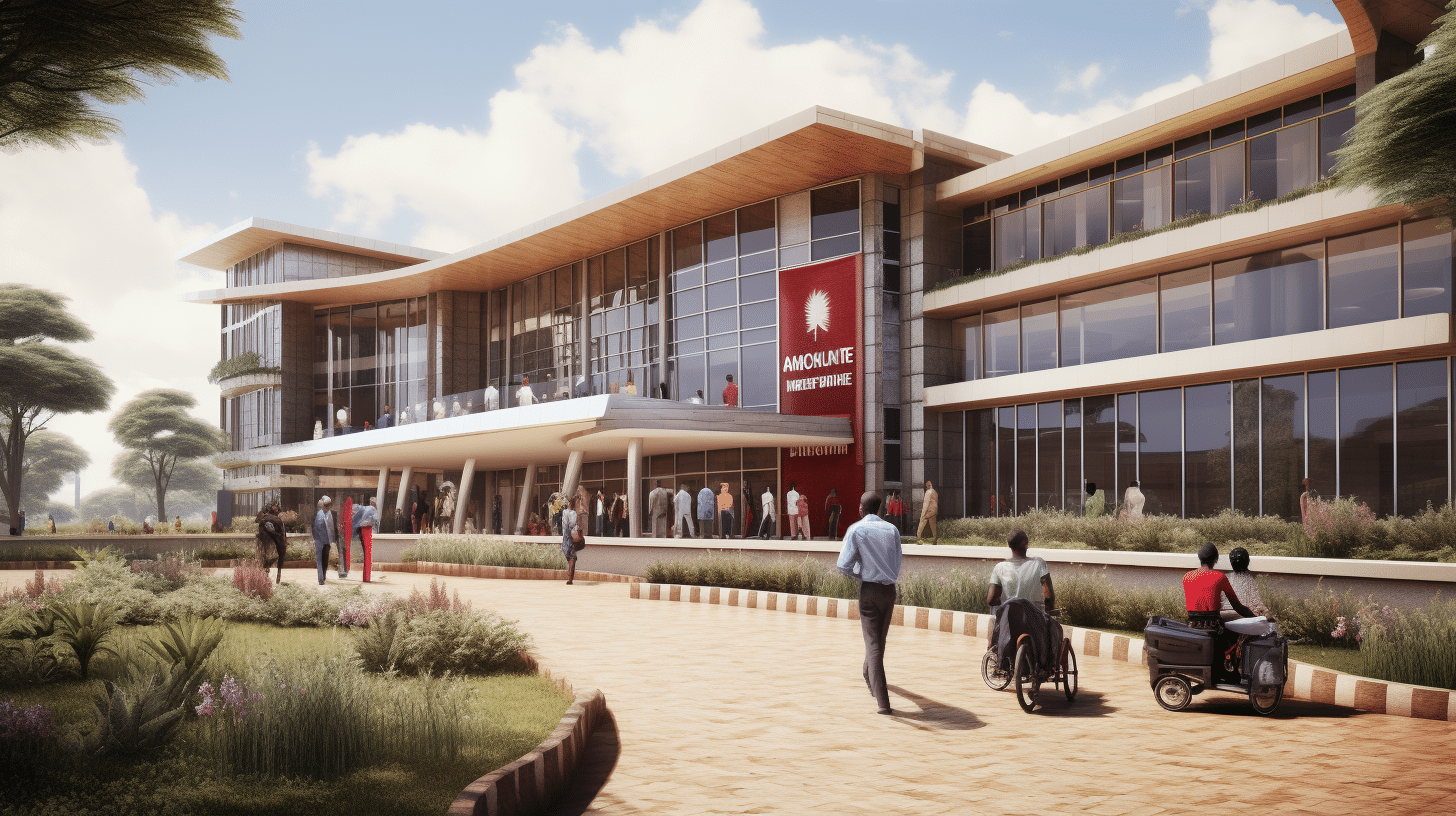Hospitals in Kenya offer best health services. The Doctors are extremely committed in giving the best treatment to the patients. The hospitals have reliable staffs that are ready to assist 24 hours; most hospitals are well equipped with the appropriate medicine and tools for treating the patients.
P.C.E.A Kikuyu Hospital
It is owned by a church called Presbyterian Church of East; the hospital stands to be patients’ best choice due to their perfection in their services. Call +254 020-2044766 or email: [email protected]
Aga Khan Hospital Mombasa branch
It started its operations in the year 1944, the Aga Khan Hospital; it is part of the Aga Khan main hospital in Nairobi. The hospital has 96-beds for special health care. The hospital offers general diagnosis and treatment, it has specialized staff and modern treatment facilities. Call: +254 41 222 7710 – 5
The Nairobi Hospital
The hospital has made their services reliable and has opened a new branch in Gigiri Outpatient Center at Gigiri next to The United States Embassy in The Warwick Centre along UN Avenue, They offer 24 hour services in areas of Accident and Emergency, Pediatrics, Radiology and Imaging diagnosis through X-ray ,CT, Ultrasound. The Hospital is located in Argwings Kodhek road, Nairobi, Kenya. Call: +254 (0)20 2845000
The Mater Hospital
The hospital has an annual event of ‘The Mater heart run’ it is rated as the Best Social Marketing Award by Marketing Society of Kenya (MSK). The hospital treats various diseases and they have an Accident and Emergency section. The staff is well trained and they are extremely good in their service delivery.
Kijabe Mission Hospital
It is known for its quality and holistic services in Kenya and outside Kenya. The hospital has various specialists in different departments; it is well equipped with modern facilities and reliable medicine. Email: [email protected], Telephone: +254 020 32 46500
Kenyatta National Hospital
It is under the ministry of health, it has fifty wards, twenty two out-patient hospitals, twenty four theaters with sixteen of them specializing in Accident and Emergency Department. The total bed capacity is 1800 and 209 of them are for the Private wing. The hospital is located in Hospital Road Nairobi. Contact: +254 (0)20 27 26 450.
Gertrude Gardens Children Hospital The hospital offers pediatric treatment and care; it provides any treatment a child might need, the hospital has won many awards in relation to their service. Call: +254 (0) 20 37 63474. The hospital is located along Muthaiga Road Nairobi, Kenya.
Moi Teaching and referral Hospital
Has grown and developed over the last 91 years from a local Cottage hospital to a National Hospital. It is located in Western region which is a rural area in Eldoret town, Uasin Gishu,in Uasin Gishu which is the North of Rift Valley province, Nandi road, eastern part of Eldoret town.
Call: +2545333471
Nairobi Womens Hospital
The hospital is located in Hurligham Medicare Plaza, along Arwings Kodhek Road Nairobi. It is well known in East Africa as center of diagnostic and treatment of various ailments and diseases, the staff is excellent in their services, courteous, caring and helpful. The hospital values the patient’s privacy. Call: +254 (0)20 2726821
Aga Khan University Hospital
The hospital is comprehensive located in 3rd Parklands Avenue, the hospital has many casualty departments; it has enough doctors who are specialists in different fields of medicine. The hospital has earned a reputation of the leading health center due to dedicated nurses and doctors, modern diagnosis and treatment equipment’s, the technology, quality commitment and an additional role of training more medical experts.


